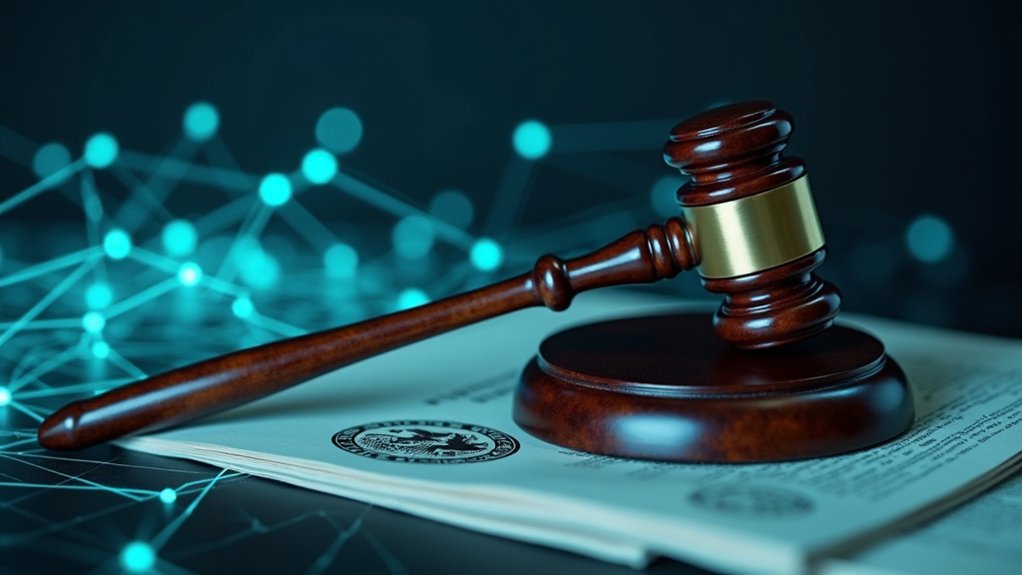The U.S. government, in a bewildering pivot, has seemingly decided to loosen its iron grip on cryptocurrency, raising eyebrows and suspicions alike with a sudden, so-called “supportive” stance under the second Trump administration. What’s the catch, one wonders, as an executive order declares crypto a national priority, pushing digital assets into the spotlight with a vigor that feels suspiciously opportunistic? Regulatory attitudes, once suffocating, now bend toward fostering growth, with stablecoin support hinting at reduced enforcement—a move that could ripple outward, carrying Global Implications for markets desperate for clarity. Are we to believe this is pure benevolence, or a calculated play for economic dominance?
Dig deeper, and the Economic Effects become impossible to ignore, as blockchain technology gains backing across sectors, potentially reshaping financial systems while dangling promises of innovation. Yet, who benefits when the U.S. positions itself as a crypto haven? Will this spark a global race, or merely widen the chasm between nations scrambling to regulate? Legislative momentum surges, with bills piling up in Congress and stablecoin frameworks inching forward, but the devil lurks in the details—or lack thereof. Is this support, or a cleverly disguised leash, ready to tighten when least expected? Across states, over 40 have introduced or are considering legislation on digital currencies in 2025, signaling a widespread legislative push for crypto integration. Additionally, the establishment of a Strategic Bitcoin Reserve through the executive order underscores a bold move to integrate seized cryptocurrencies into national strategy Strategic Bitcoin Reserve.
Meanwhile, the Federal Reserve’s withdrawal of crypto guidance for banks, scrapping advance notifications, reeks of a too-convenient alignment with “innovation.” Supervision remains, they claim, but through vague, everyday processes—hardly reassuring when billions hang in the balance. State initiatives, from legislation to local crypto-friendly policies, muddy the waters further, clashing with federal moves. Notably, the SEC’s oversight continues to classify many digital assets as securities, maintaining a firm grip on compliance digital assets as securities. So, what’s the endgame? A genuine shift, or a sarcastic nod to progress while power consolidates behind closed doors? The public deserves answers, not platitudes, as this crypto gamble unfolds with stakes too high to ignore.









